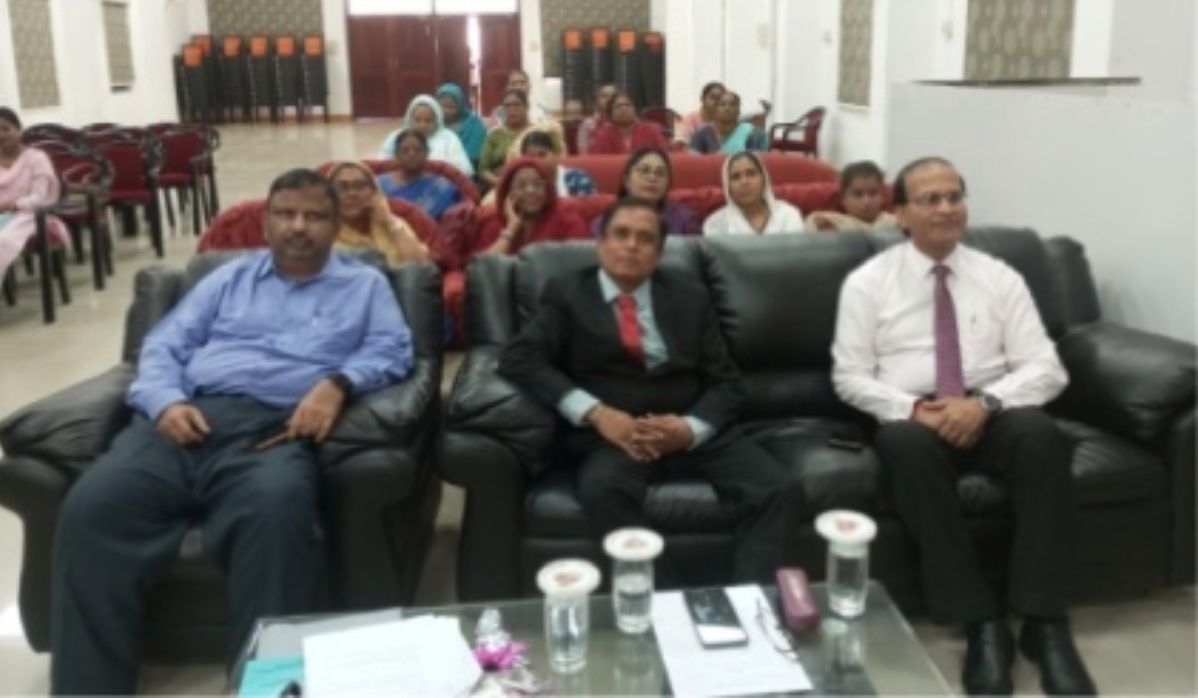Tarun Karthick
Port Blair, 14 February 2024
The Administrative Reforms & Training Wing of the Administration, in collaboration with the Institute of Secretariat Training & Management (ISTM), Department of Personnel & Training, Government of India, New Delhi, has launched a comprehensive five-day training program on ‘Office Management including Office Procedure, Noting and Drafting, Record Management & Service Book’ for the Head Clerks, Higher Grade Clerks, and Lower Grade Clerks of the Amalgamated Clerical Cadre employed across various departments of the Andaman & Nicobar Administration.
The training initiative commenced recently in the Auditorium of TGCE with Mr. ASPS Ravi Prakash, IAS, Secretary (AR & Trg.) gracing the occasion as the chief guest for the inauguration ceremony. Among the dignitaries present were Mr. Bhagaban Padhy, Deputy Director, Mr. Yogesh Dwivedi, Deputy Director (Retd.) IST&M, New Delhi, and Mr. Abdul Hamid, Deputy Secretary (Retd.) serving as a resource person from the A&N Administration. Ms. Shailaja, Assistant Secretary (AR & Trg.), also attended the event.
The program aims to enhance the administrative skills and efficiency of the clerical staff involved in the day-to-day operations of various departments within the A&N Administration. With a focus on office management, procedures, noting and drafting, record management, and service book maintenance, the training seeks to equip participants with the necessary knowledge and tools to optimise office operations and streamline administrative processes.
Participants can expect interactive sessions, practical demonstrations, and expert insights throughout the duration of the training program, ensuring a comprehensive learning experience tailored to the specific needs of the clerical cadre within the administration.
The collaborative effort between the Administrative Reforms & Training Wing and the Institute of Secretariat Training & Management underscores the commitment of the A&N Administration to fostering continuous learning and professional development among its workforce, ultimately contributing to enhanced efficiency and effectiveness in delivering public services.

